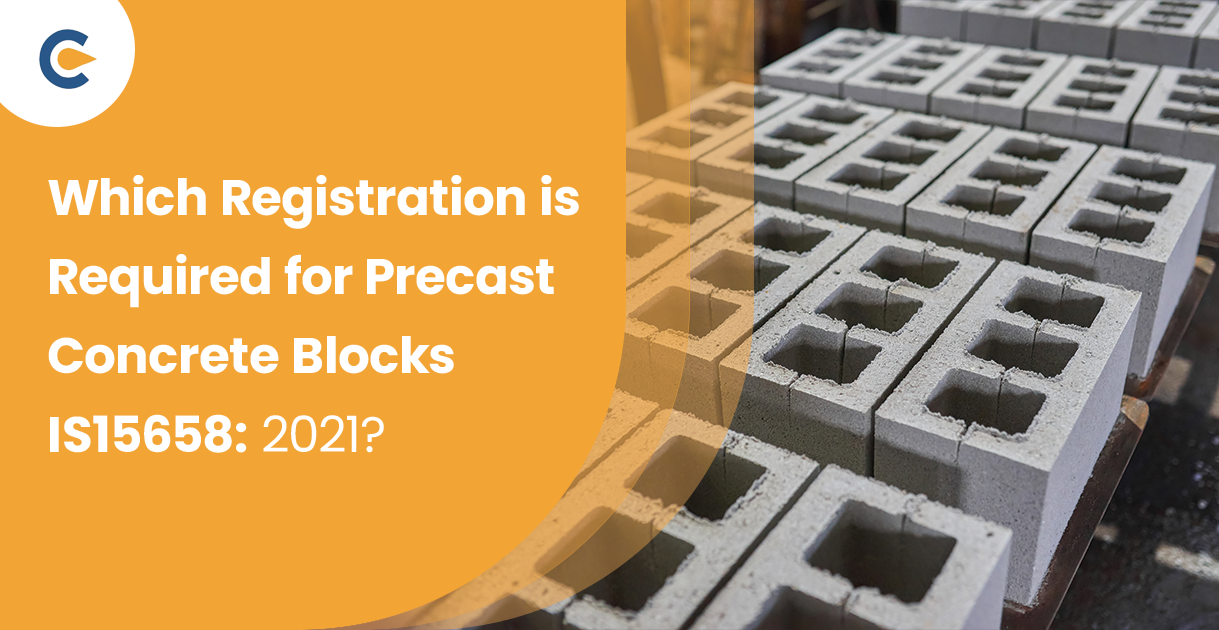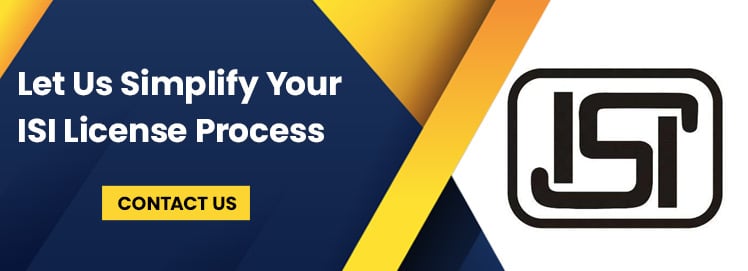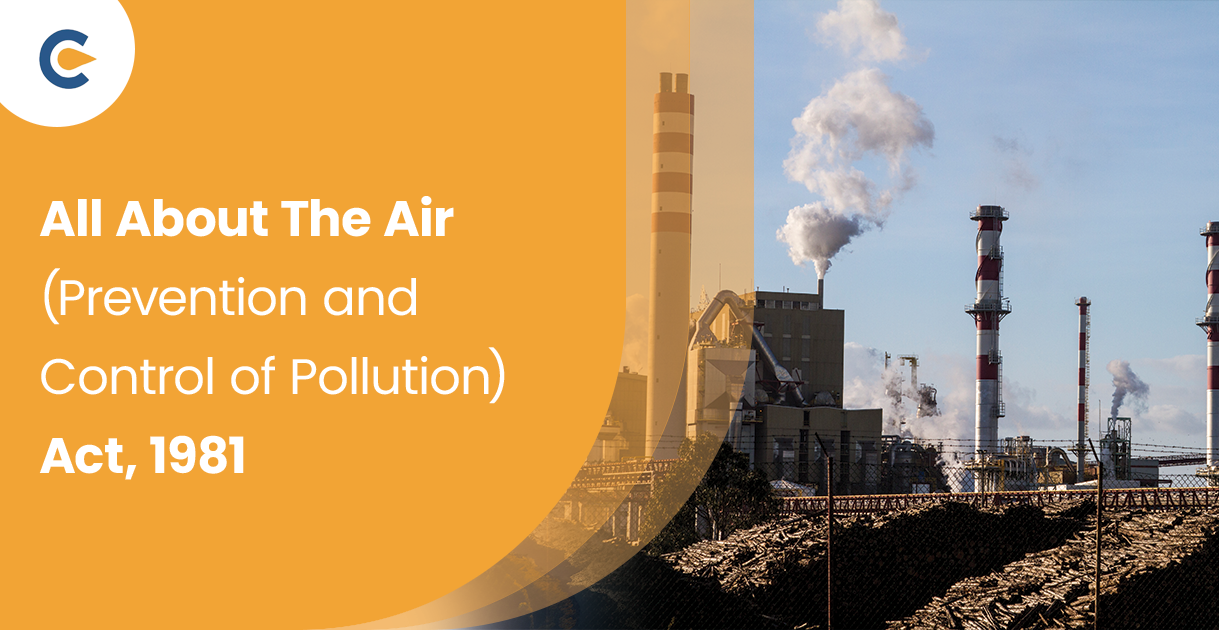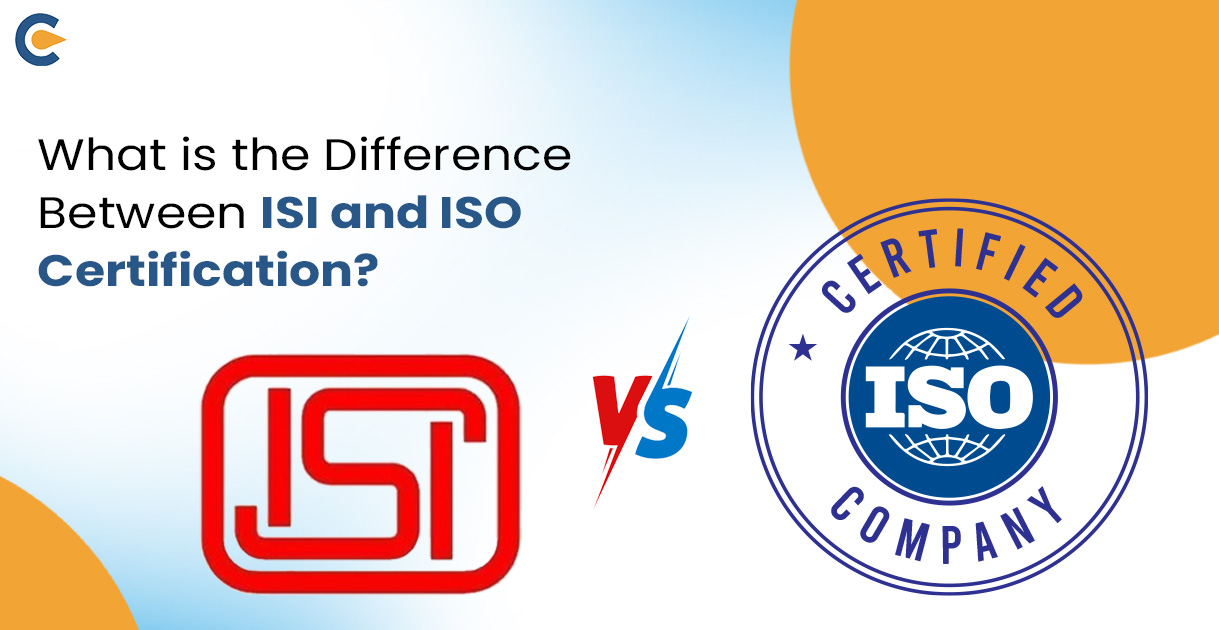Precast concrete blocks are primarily used as a building material for constructing walls. It is also known as a concrete masonry unit (CMU). Precast concrete blocks are one of the many precast concrete products used in building. Precast refers to the blocks being created and dried before being delivered to the construction site.
Most concrete blocks feature one or more hollow chambers, and their cast surfaces can be smooth or textured. Concrete blocks are placed on the other when building a wall and secured with brand-new mortar to create the required height and length.
Precast Concrete Blocks usually contain water, sand, gravel, and powdered Portland cement. Consequently, a light grey block with a high compressive strength and a fine surface texture is created. This post will discuss which registration is required for Precast Concrete Blocks IS15658.
Have a look:
What is a Precast Concrete Block?
Precast concrete blocks come in predetermined standard sizes. Their length ranges from 400 to 600 millimetres, they stand 100 or 200 mm tall, and they can be between 50 and 300 mm wide.
Precast concrete blocks are a highly durable product frequently utilised, particularly in construction. They are primarily employed in wall building due to their resistance to fire and other environmental variables like rain. When creating a structure, it’s crucial to adhere to hand craftsmanship and block-making techniques.
The following protocol must be adhered to during production:
- Material stacking and mixing
- Including water in the concoction
- The moulding process can be carried out by automated devices or by hand.
- Taking goods out of moulds
- Awaiting covered goods for a full day
- Curing for seven days
What’s the Market Trend for Precast Concrete Blocks?
In 2022, the global precast concrete market size was recorded at USD 144.6 billion in 2022 and is anticipated to reach USD 198.9 Billion by 2027. To add more, it’s witnessing flourishing growth at 6.6% CAGR during the forecast period.
States Known for High Demand of Precast Concrete Blocks
Some of the prominent states where there is a high demand for precast concrete blocks are mentioned below-
- Tier 1 Cities- Mumbai, Delhi, Kolkata, Chennai, and Bangalore
- Tier 2 Cities- Pune, Ahmedabad, Hyderabad, and Coimbatore
- Other States with major infrastructure projects
What is IS15658: 2021?
The Bureau of Indian Standards (BIS) developed IS 15658: 2021, an Indian Standard specification that describes the specifications for solid, unreinforced precast concrete paving blocks.
The meaning of this code is broken down as follows:
- IS 15658: The BIS has issued a unique identification number for this Standard.
- 2021: The year 2021 is indicated below, denoting the most recent update to this Standard. There may be earlier iterations with distinct codes.
Who Uses This Standard?
- Precast Concrete Block Manufacturers: Manufacturers can use this Standard as a reference to ensure that their high-quality paving blocks meet specified performance requirements.
- Engineers and Architects: Specifying IS 15658: 2021 Paver blocks that comply with building codes are essential for ensuring quality and adherence to construction projects.
- Construction Contractors: Using standardised paving blocks facilitates building procedures and enhances the calibre of completed projects.
- Government Agencies: Authorities in charge of infrastructure development may consult this Standard when determining the materials for pavements.
Registration Process for Precast Concrete Blocks
Manufacturers and importers who wish to register their products under the BIS’s ISI programme must adhere to the department’s predetermined process, which entails product testing, application filling, inspection, and scrutiny.
The acronym ISI stands for Indian Standards Institute, which was established to establish guidelines for upholding the authenticity and integrity of industrial goods. It is a verified mark that guarantees the consumer and industrial goods are safe to use and high-quality. In India, it is a widely used and respected certification mark that attests to the quality of industrial goods. ISI offers two registration schemes:
- Mandatory
- Voluntary
The ISI mark is essential to certify items intended for sale in India. The manufacturing organisation must properly fulfil the BIS requirements to be eligible for ISI Registration.
The product must obtain a certificate under the Bureau of Indian Standards (Conformity Assessment) Regulations, 2018, to guarantee its dependability, safety, and quality to the customer or third party.
A product is guaranteed to comply with requirements if it has the BIS certification mark, also called the Standard Mark (ISI Mark). The maker must self-certify the licenced items after confirming compliance with the Norm.
Through its surveillance efforts, the Bureau closely monitors the quality of authorised products. Frequent random inspections and the testing of samples obtained from the plant or the market are used to monitor the licensee’s output.
1. Product Testing
According to the specified Indian Standard, the product for which an ISI licence is needed must be tested in any Bis-recognised laboratory. The test request must be generated using the Manak online portal for the specified Standard and sent to any Bis-recognised lab.
The laboratory generates the test report and conducts all tests using the parameters specified by the Indian Standard. The LAB uploads the identical reports to the Manak web portal, which the applicant uses to submit their application.
2. Application Form Submission
Once the lab uploads the test reports to the Manak web portal, the applicant can complete the application form for the test report generated. As specified by the department, all required documents must be uploaded in the appropriate areas, along with all the information requested in the online application.
Once all the necessary information and documents have been uploaded online, the applicant must pay the applicable fees to the department to submit the file.
3. Department Scrutiny and Inspection
Following the department’s online application submission, BIS authorities will examine and confirm every document and piece of information that the applicant submits. Along with the test results, the validity of the uploaded test report is also verified.
Before the scheduled inspection dates, the department must provide any clarification or extra documentation that may be needed. When the scrutiny officer is satisfied with all of the supplied documents and details, the inspecting officer conducts an on-site factory inspection. During this inspection, the paperwork is confirmed in hard copy, and the production and testing process is confirmed.
4. Grant of License
Following a successful onsite inspection, the inspecting officer gives the certification officer the inspection report, complete with all the findings.
The certification officer compares the information provided online with the information verified during the inspection. Based on this, the applicant receives a final licence in the form of a Certification of Manufacturing Licence (CM/L) number.
After the certificate is granted, the producer can mark the product with the ISI logo to indicate quality assurance; however, the applicant must pay the department’s marking fees. The marking fees are paid to the department in advance for the first year and in accordance with the production data provided by the manufacturer for each subsequent year. Additionally, the licence is only suitable for a year; the applicant must apply for a renewal.
Simplified and Standard Procedures
The department has outlined two distinct processes for the ISI certification process: the simplified and standard procedures. Both registration processes divide the ISI certification process into seven parts. The following figure provides a concise overview of the complete lifecycle of the ISI application.
After the application is submitted, the certification procedure takes at least 4 to 5 weeks. The product for which the ISI application is submitted determines the testing schedule. Depending on the product and its complexity, different testing timelines apply.
Our operations and liaison team expedites the certification process within the timeframe mentioned above by regularly following up with the department and promptly responding to any concerns that are raised by them. To prevent any questions or additional inspections, our staff offers onsite help during factory inspections and ensures that all aspects comply with BIS ISI norms and laws.
Importance of BIS for Precast Concrete Blocks
BIS Certification significantly impacts the production and sale of precast concrete blocks. The following are some main arguments in favour of the Certification:
- Quality Assurance: It guarantees that precast concrete blocks meet the required quality standards, providing clients with confidence regarding the product’s dependability and quality. It assists in avoiding the use of inferior or noncompliant blocks in building endeavours.
- Performance and Safety: BIS certifies precast concrete blocks to confirm that they fulfil the necessary performance and safety standards. It improves the structural integrity and safety of buildings and structures by guaranteeing that the blocks have sufficient strength, durability, and dimensional precision.
- Compliance with National Standards: It demonstrates adherence to the pertinent Indian standards, namely IS 15658 for precast concrete blocks. Adherence to national standards is important to achieve regulatory criteria and secure approvals for construction projects.
- Market Acceptance and Trust: Customers, architects, builders, and government organisations recognise and trust the quality and conformance mark that this Certification offers. It helps the market accept the product and enter new markets by fostering confidence in its dependability.
- Eligibility for Government Projects: Obtaining a certification is often necessary to be eligible for government projects and tenders. Without the certification, manufacturers might not be able to provide precast concrete blocks for government-funded projects.
By getting BIS Certification, manufacturers of precast concrete blocks can demonstrate their dedication to quality, safety, and adherence to national requirements. It guarantees consumer satisfaction, boosts competitiveness, and creates prospects for market expansion.
What does the Standard Specify?
IS 15658: 2021 provides a collection of recommendations and technical details regarding the following features of paver blocks made of precast concrete:
- Materials: The standard details the kind and calibre of materials (cement, aggregates, and admixtures) used to make these paving blocks.
- Dimensions: This section outlines the typical sizes and permissible deviations in size for various paving block kinds.
- Shape and Appearance: The Standard may address surface texture requirements and specify multiple shapes (rectangular, interlocking, etc.) for different uses.
- Physical and Mechanical Properties: The standard lists the necessary qualities for the paving blocks, including water absorption, abrasion resistance, compressive strength, and resistance to freeze-thaw cycles.
- Sampling and Testing: It outlines how to test and sample paving blocks to ensure they adhere to the specifications.
- Marking and Packaging: The Standard specifies how the paving blocks must be packaged properly for transit and marked with identification information.
The Final Words
BIS Certification dramatically enhances precast concrete block quality, safety, and compliance. By acquiring it, manufacturers can show that they are committed to adhering to the guidelines and requirements set forth in IS 15685. Customers, architects, builders, and government agencies gain trust from the certification, which boosts market acceptance, increases competitiveness, and makes one eligible for government projects and contracts. Additionally, it encourages customer safety, discourages using inferior products, and advances the building industry’s general expansion.
Frequently Asked Questions
What are precast concrete blocks?
Precast concrete blocks are manufactured from concrete cast in a controlled environment before being delivered and used on a building site.
What are the benefits of using precast concrete blocks?
Advantages include high quality due to controlled manufacturing conditions, time savings in construction, reduced waste, and enhanced durability and strength.
What is IS 15658: 2021?
IS 15658: 2021 is an Indian Standard specification for precast concrete blocks used for paving, ensuring they meet quality and performance criteria.
Is registering under IS 15658: 2021 mandatory for manufacturing precast concrete blocks?
Yes, registration under IS 15658: 2021 is often mandatory for manufacturers aiming to ensure compliance with national quality standards, certain tenders, and government projects.
Which organisation provides the certification for IS 15658: 2021?
The Bureau of Indian Standards (BIS) certifies IS 15658: 2021.
Read our article Different Form Required For BIS CRS Registration













